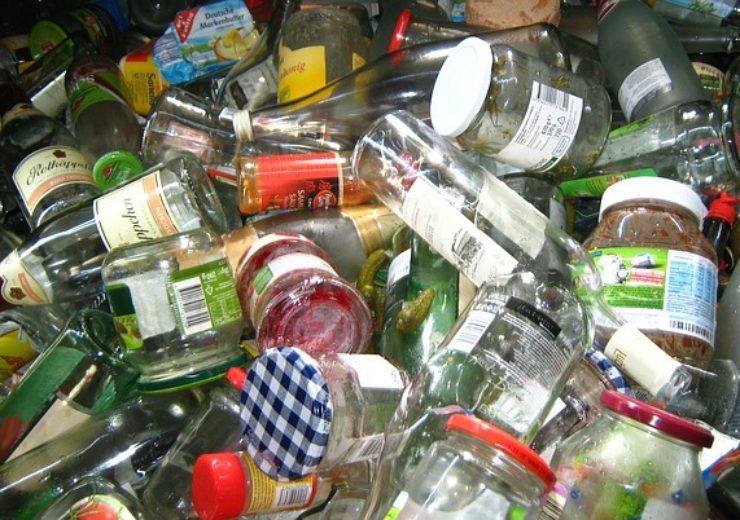spiritsEUROPE has joined the sustainable initiative to advance glass packaging collection to 90% by 2030

spiritsEUROPE has joined the sustainable initiative to boost the glass packaging collection. (Credit: Gerd Altmann from Pixabay)
The spiritsEUROPE has joined the Close the Glass Loop sustainable platform to improve the collection of glass packaging.
The European spirits sector, which is represented by spiritsEUROPE, has collaborated with Close the Glass Loop to expand glass packaging collection to 90% by 2030 and place more recycled glass back in the bottle to bottle glass packaging loop.
spiritsEUROPE director general Ulrich Adam said: “With 100% of raw materials for spirit distillates sourced directly from nature, sustainable production processes are in our sector’s DNA and at the heart of what we do.
“In line with this, European spirit producers understand and consistently work towards reducing the environmental impact of our activities.”
The sustainable initiative works to unite the glass packaging value chain under a multi-stakeholder European programme
The European container glass industry’s sustainable initiative intends to unite the glass packaging value chain under a multi-stakeholder European programme supported by national level action plans.
spiritsEUROPE companies and national association members will coordinate with the national glass value chains across the continent to enhance the collection and recycling of glass packaging.
The European Commission has recommended all consumer goods industries to collect, recycle and reuse packaging.
According to spiritsEUROPE, each country will need to achieve more ambitious recycling targets by 2030 and the new emphasis is on actual recycling and not collection. The recycling target for glass is 75% by 2030.
FEVE secretary general Adeline Farrelly said: “The collaboration with spiritsEUROPE will strengthen our Circular Economy model with significant sustainability benefits as increasing recycling rates has also the effect of reducing CO2 emissions and energy consumption as well as diverting waste from landfill.”
Recently, European Aluminium unveiled Circular Aluminium Action Plan to achieve a fully circular economy by 2030.
The strategy has been designed to efficiently collect and recycle all European end-of-life aluminium products to enhance aluminium recycling rates, as well as keep the material in active use.
